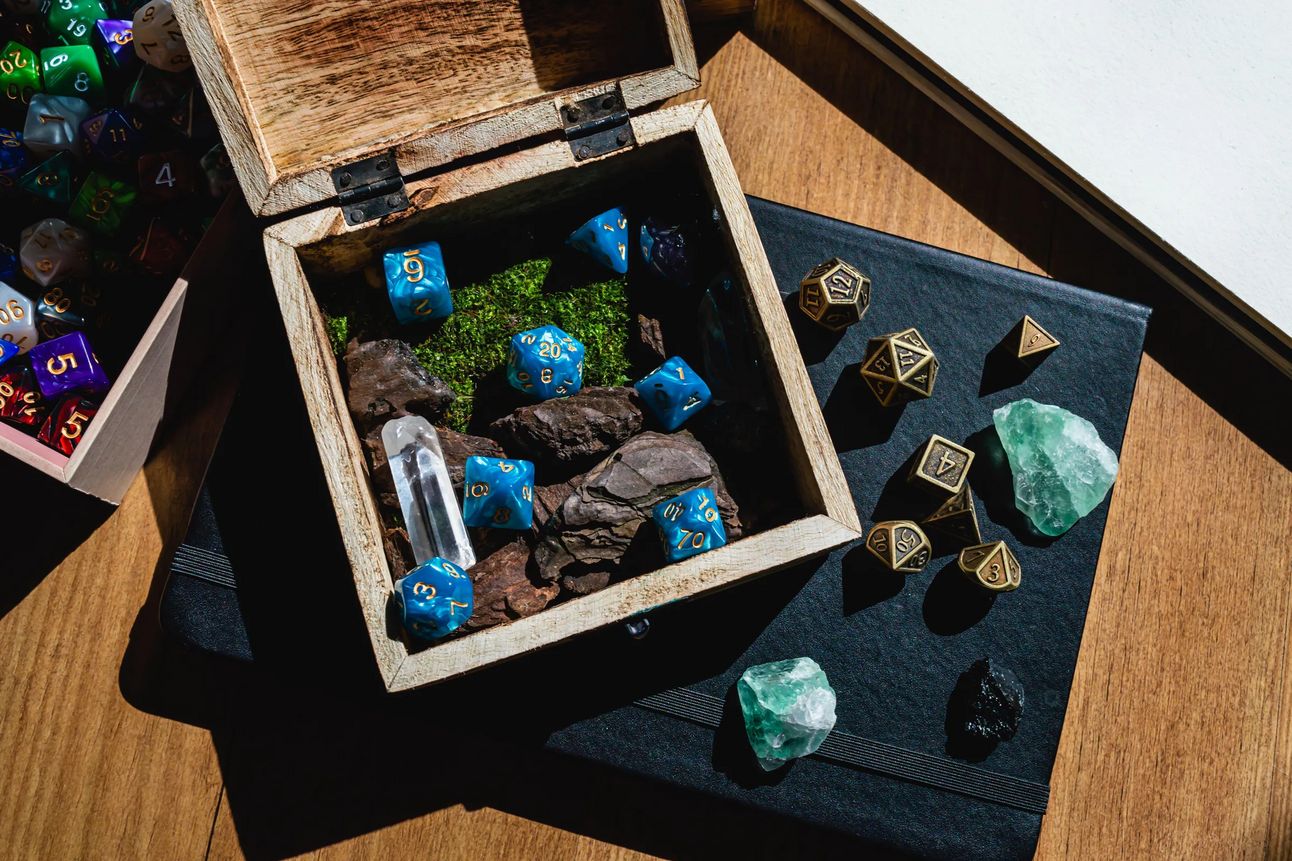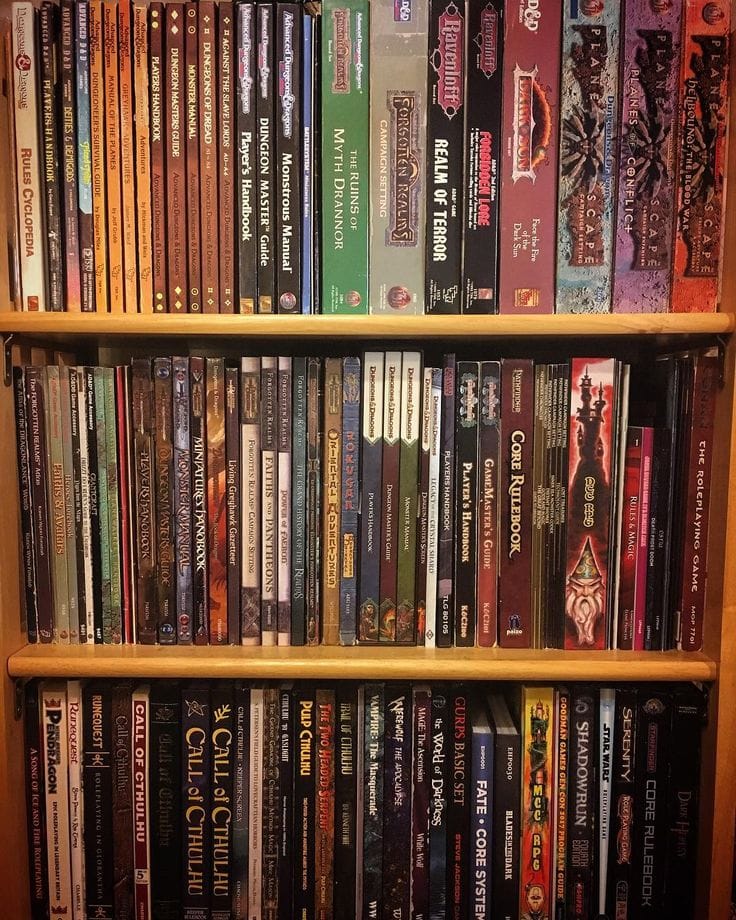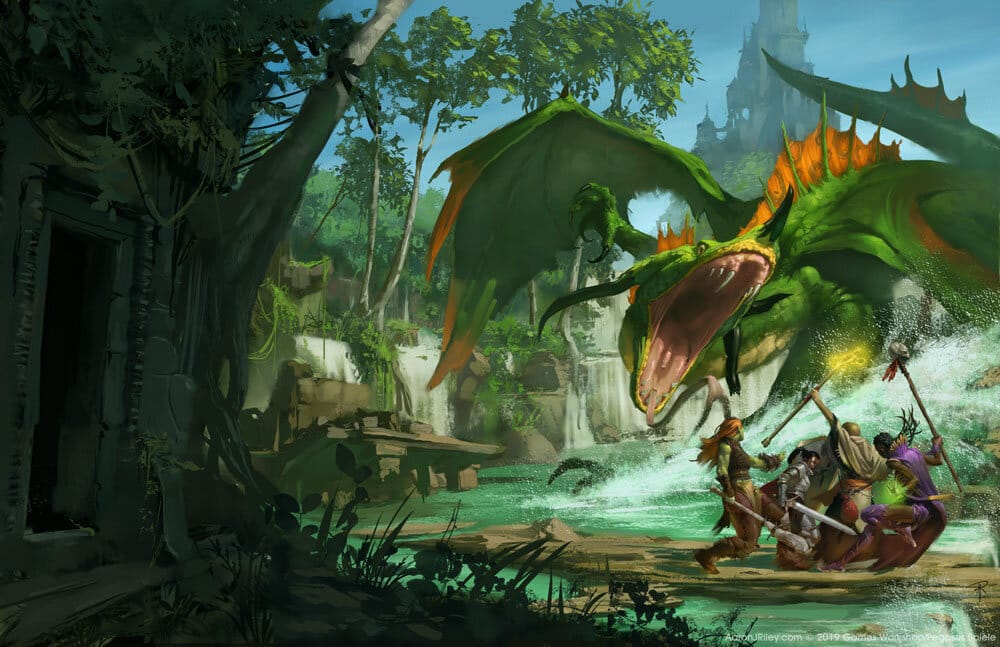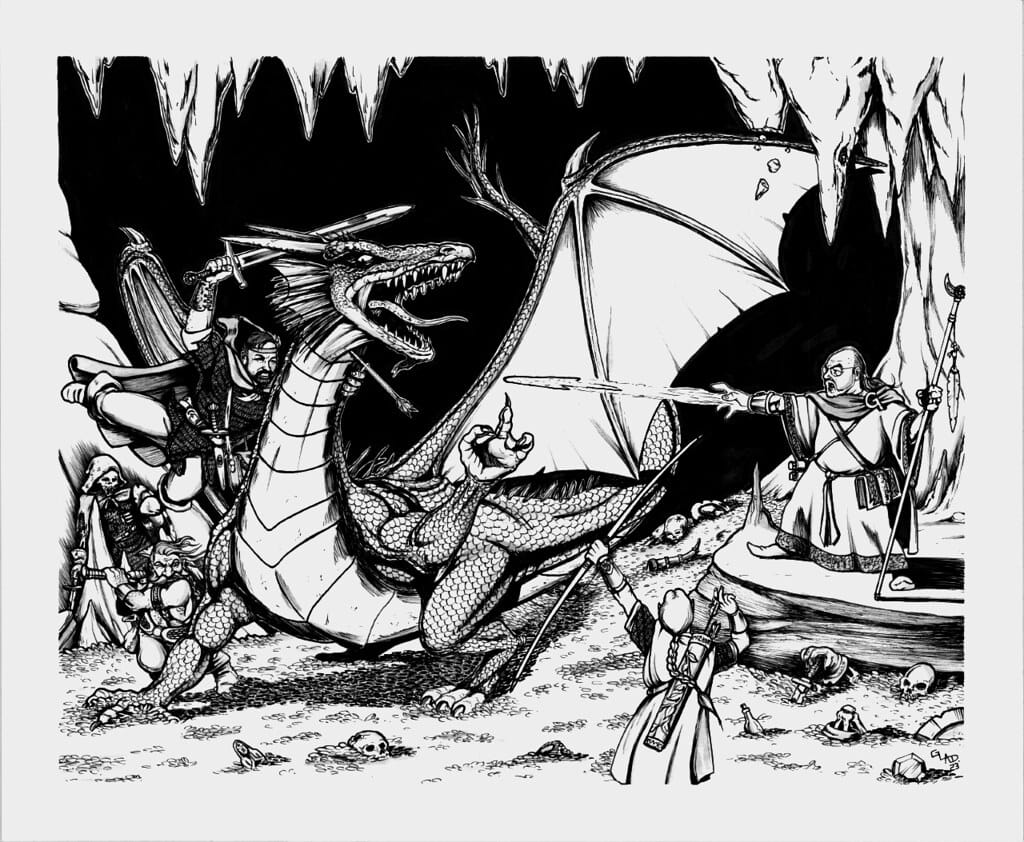- Quest Log
- Posts
- TTRPG: What is it? An Enthusiast's Tabletop RPG Manual
TTRPG: What is it? An Enthusiast's Tabletop RPG Manual

HISTORY
The open world of TTRPG
Imagine a world where your most vivid dreams and daring exploits come true and you could be anybody and accomplish anything. Here we welcome the fascinating universe of tabletop role-playing games (TTRPGs). This page will help you understand why millions of people worldwide like TTRPGs as a past time, regardless of your level of curiosity or experience.
The Fundamental Nature of a TTRPG:
A TTRPG basically offers an opportunity for group storytelling. TTRPGs provide unmatched adaptability, unlike video games, where programming restricts your options, or board games, where rules control your behavior. Following a set of guidelines and their own inventiveness, players pretend to be characters in a hypothetical situation, doing chores, solving riddles, and battling opponent.

The Basis:
One master of games, or GM A game master supervises every TTRPG session. The GM creates the surroundings, oversees the non-player characters (NPCs), and presents the story as it develops. Acting as the referee and storyteller for the game, they guarantee fair and seamless operation.
Every player creates a character with a personality, background, and skill set. With their deeds and choices, these people—often referred to as heroes or anti-heroes—help to forward the narrative.
Rule Books

Every TTRPG uses a rulebook—or several—that clarifies the mechanics of the game. This covers battle management, action resolving, and character development. Among their most often used systems are Call of Chousters, Pathfinder, and Dungeons & Dragons.
A popular TTRPG instrument for computing action results is polyhedral dice (d4, d6, d8, d10, d12, and d20). The dice roll gives the game some optimism when mixed with situational modifications and character skills.
Storytelling's magic
TTRPGs have among their most fascinating features their storyline. Unlike classic narratives, those in a TTRPG are dynamic and co-created by every player. Every choice and deed the players do shapes the path of the story, therefore producing a different and personal experience every time.
Imagine your character—a fearless knight—standing on the brink of a dark, perilous cave. The GM notes the odd quiet and the soft sound of water leaking from within. As a player, you could decide to light a torch and walk gently or to storm in with a sword drawn. Just as much as the dice are thrown, your decision shapes the following action. Maybe you come across a terrible monster or find a buried treasure. One may find various choices.
Why are TTRPGs loved by people?

Creativity and imagination: TTRPGs inspire players to be creative by building complicated stories and sophisticated characters. This creative playground lets one realize that nothing is impossible.
Social contact-wise, TTRPGs are naturally sociable rather than having solitary interests. They unite people, thereby promoting cooperation and friendship. Based on a love of adventure and tales, this is an opportunity to meet or re-connect with friends.
Strategic Approach to Issue Solving Many times, players find difficult situations that call for strategic thought and creative problem-solving. Whether you're planning a fight or navigating political intrigue, TTRPGs hone intellect.
Fun and escape are: While escaping the ordinary, in a TTRPG, you could become a villain, a hero, or anything in between. This form of entertainment makes one feel accomplished as well as thrilling.
Launching TTRPGs
Here are some ideas to get you going if you would like to test TTRPGs:
Search for local gaming shops, community centers, or websites allowing you to join a game. Many towns welcome immigrants with wide, open arms.
Choose a system. Though the most well-known is Dungeons & Dragons, there are several TTRPG systems with a broad spectrum of themes and mechanics. Choose one that excites you.
Explore the Foundations: The guidelines won't frighten you. Start with the basics; never hesitate to ask for guidance. Most experienced players are happy to guide new recruits.
Explore Fun. Recall that a TTRPG's main objective is for enjoyment. Welcome the unexpected, enjoy the trip, and let your imagination run wild.

At last, TTRPGs are about discovering new worlds, creating tales, and interacting with others—not just about gaming. Whether you want to negotiate galactic politics, visit haunted houses, or fight dragons, the adventure of a lifetime is waiting at the tables. So get some dice, get some pals, and begin the narrative!